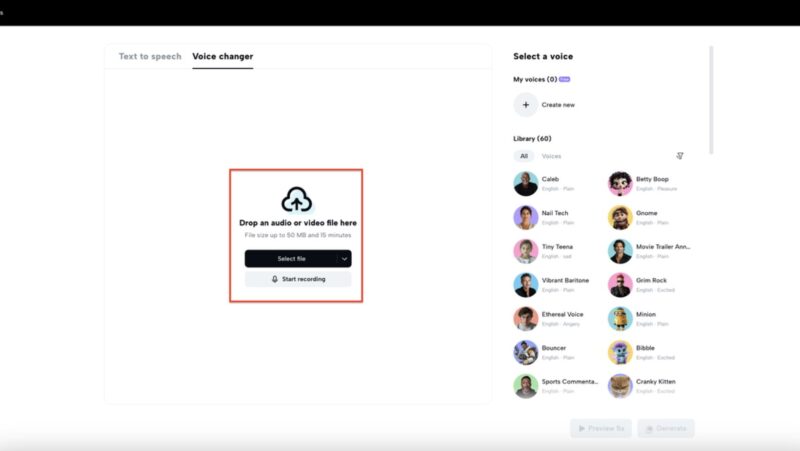
When it comes to preparing for a disaster or water emergency situation, having access to clean drinking water is crucial. While storing bottled water is one option, a more efficient and cost-effective solution is to invest in a water filter. In this article, we will discuss the various types of water filters available and provide tips on how to choose the best one for your needs.
Types of Water Filters
There are a variety of different types of water filters available, and each option has its own unique advantages and disadvantages:
- Pitcher Filters: These are small, portable filters that fit into a pitcher or jug. They use a combination of activated carbon and a micron filter to remove contaminants from the water. Pitcher filters are convenient and easy to use, but they have a limited capacity and may not be effective at removing certain contaminants.
- Faucet-mounted Filters: These filters attach directly to your kitchen faucet and filter the water as it comes out. They are easy to install and take up minimal space, but they may not be effective at removing certain contaminants and have a limited flow rate.
- Under-sink Filters: These filters are installed under your kitchen sink and filter the water as it enters your home. They are more effective at removing a wider range of contaminants, but they require installation and take up more space.
- Whole-house Filters: These filters are installed at the point where the water enters your home and filters all the water that flows through your pipes. They are the most comprehensive and effective option, but they are also the most expensive and require professional installation.
Water Coolers
Another option to consider is a water cooler. These appliances dispense both hot and cold water and can be used with a variety of water sources, including tap water, bottled water, and water from a water filter. Water coolers are convenient and can be used for a variety of purposes, such as making hot tea or coffee or providing a quick and easy way to refill water bottles.

Factors to Consider When Choosing a Water Filter
When choosing a water filter, there are several factors to consider:
- Contaminants: Different water filters are designed to remove different contaminants. Some common contaminants to consider are bacteria, viruses, parasites, lead, and chlorine. Be sure to choose a filter that is effective at removing the contaminants that are most likely to be present in your water.
- Capacity: Consider the amount of water you will need to filter and choose a filter with a sufficient capacity to meet your needs.
- Flow rate: The flow rate of a water filter refers to the speed at which the water is filtered. A higher flow rate means that the water will be filtered more quickly, but it may also mean that the filter will need to be replaced more frequently.
- Cost: The cost of water filters can vary significantly, with some options costing only a few dollars and others costing several hundred dollars. It’s important to consider your budget when selecting a water filter and choose one that meets your needs and fits within your price range.
- Ease of Use: Consider how easy the filter is to use, install, and maintain. If you are choosing a filter for a disaster or emergency situation, it is important to select one that is easy to use and maintain in case you are under stress or have limited resources.

Having access to clean drinking water is crucial in any disaster or emergency situation. While there are several options to choose from, a water filter is a cost-effective and efficient solution. Consider the contaminants you need to remove, the capacity and flow rate you need, the cost, and the Ease of use when selecting a water filter.











